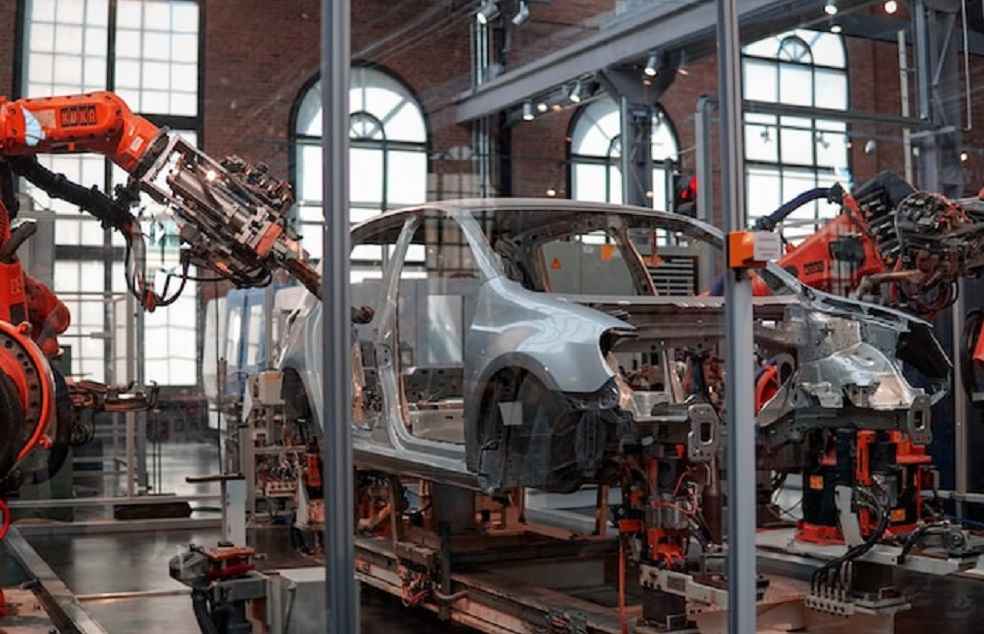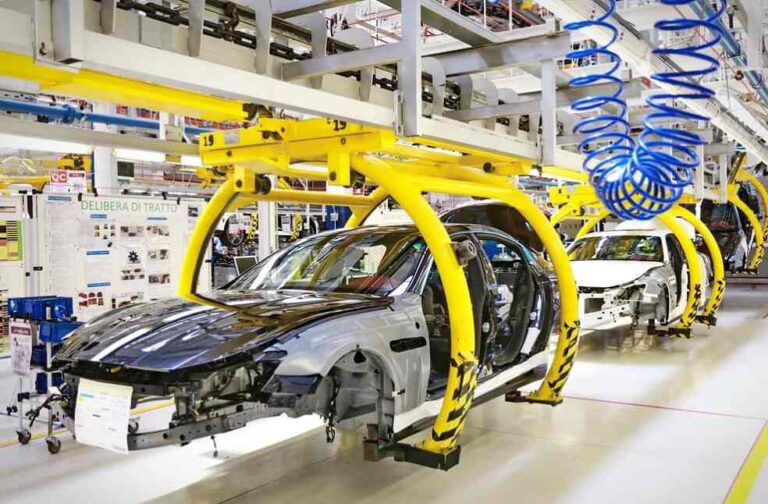Vietnam’s burgeoning auto industry is facing the challenge of stepping up its participation in the global supply chain. Despite the country’s impressive growth, Vietnamese auto enterprises still grapple with integration into the global ecosystem, experts warn.
Phan Dang Tuat, Chairman of the Vietnam Association of Supporting Industries (VASI), observes that the automobile sector encapsulates the quintessence of contemporary technologies, production methodologies, and managerial practices. He affirms that the wisdom gleaned from production and corporate governance within developed nations constitutes a vital element for Vietnam’s alignment with the global automotive sphere.

A Journey Without Shortcuts
The path towards such integration is fraught with complexities and devoid of easy solutions. A recent survey by Toyota Motor Vietnam (TMV) reveals a troubling picture: over three-quarters of Vietnamese enterprises regularly encounter difficulties with production methodologies, standardization of operations, and quality oversight. These challenges, experts opine, stand as formidable barriers to a more significant role on the global stage.
Synergistic Endeavors
The Industry Agency, under the auspices of the Ministry of Industry and Trade, has forged a cooperative alliance with TMV. This partnership seeks to empower domestic firms within the automobile supporting industry, facilitating their growth and alignment with the managerial culture and business philosophy characteristic of global manufacturers.
After three years of concerted effort, TMV has enlisted an official supplier, earmarked seven potential suppliers, and bestowed training upon 60 Vietnamese firms. The localized products within the supporting industry have swelled to an impressive array of nearly 1,000 diverse items.

Renewed Commitment
A Memorandum of Understanding (MoU) between TMV and VASI, inked on July 18 for the period spanning 2023 to 2024, aims to fortify support for VASI members. The project delineates activities such as the careful identification of potential auto part suppliers and the orchestration of a program designed to refine the production process.
Phạm Thanh Tung, Deputy General Director of TMV, articulates optimism that the cooperative efforts have catalyzed not merely a reduction in production costs and an uptick in productivity but a significant diminution in CO2 emissions as well.
A Vision Sculpted with Precision
Tran Thị Kim Que, General Director of Phong Nam Co., underscores the role of workers and employees as the sinew and soul of the industry. This sentiment resonates with many small- and medium-sized Vietnamese enterprises all aspiring to attain the stature of professional suppliers for Foreign Direct Investment (FDI) enterprises, while fulfilling the rigorous demands of discerning markets like Japan, the US, and Europe.

The ambition of Vietnam’s auto industry to foster an enduring relationship with the global supply chain manifests as a beacon for the country’s expansive economic vision. As Vietnamese enterprises refine their alignment with international standards, the nation begins to resonate as an essential nexus within the world’s automotive landscape.
With unswerving collaboration and an unwavering focus on quality, Vietnam’s auto industry stands poised on the cusp of a future marked by global recognition and economic vitality. Though strewn with challenges, this journey embodies a pathway to progress that could illuminate the way for other industries within the nation and beyond.
DON’T MISS | Global Impact: India Strengthens Automobile Scrap Policy





